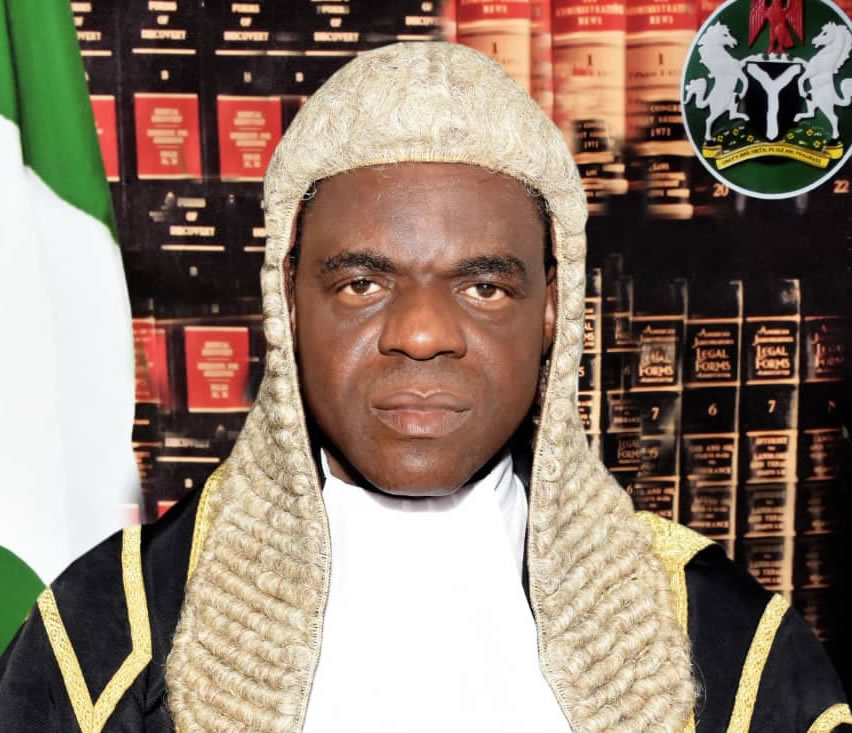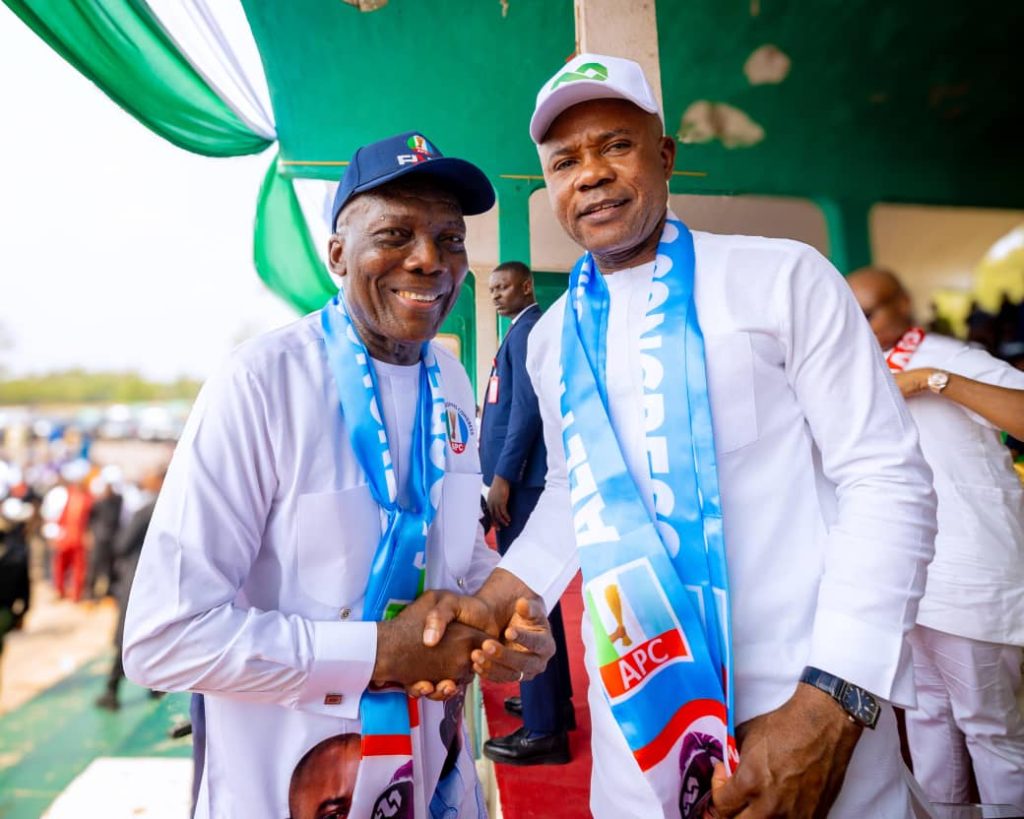The Central Bank of Nigeria is currently facing a wave of uncertainty and tension as 19 of its directors have been handed termination letters, causing a stir among the management staff. While two directors have accepted their fate, five others are gearing up to challenge the bank’s decision in court, claiming their dismissals were unjust.
Despite the silence from the apex bank on the matter, reliable sources within the institution have confirmed the reports. The reasons behind the sudden sackings remain unclear, but it has been revealed that the two directors who quietly accepted their termination were also embroiled in a case with the Economic and Financial Crimes Commission (EFCC) following their involvement in the Jim Obazee report.
The termination letters cited “reorganizational and human capital restructuring” as the basis for the dismissals, aligning with the bank’s new strategic direction. The affected directors were instructed to hand over all bank properties to their department’s administrator by Friday, March 15, 2024.
Concerns have been raised over the lack of an exit package for the terminated directors, given their years of service and the absence of any formal charges against them. The loss of institutional knowledge and expertise resulting from the dismissal of these experienced directors has also been highlighted by sources within the CBN.
While the remaining 12 directors await their fate, some staff members have appealed to the management on behalf of the affected directors, urging a reconsideration of the sackings and a conversion to retirement to ensure they receive their entitlements.
The situation at the apex bank has sparked discussions about the potential impact of the dismissals on its operations and the future of the affected directors. This development follows the controversial relocation of over 150 employees from the Banking Supervision Department to Lagos State, adding to the ongoing changes within the institution.
As the dust settles and the implications of these terminations unfold, the Central Bank of Nigeria finds itself at a crossroads, navigating through a period of transition and uncertainty that could reshape its internal dynamics and strategic direction.



